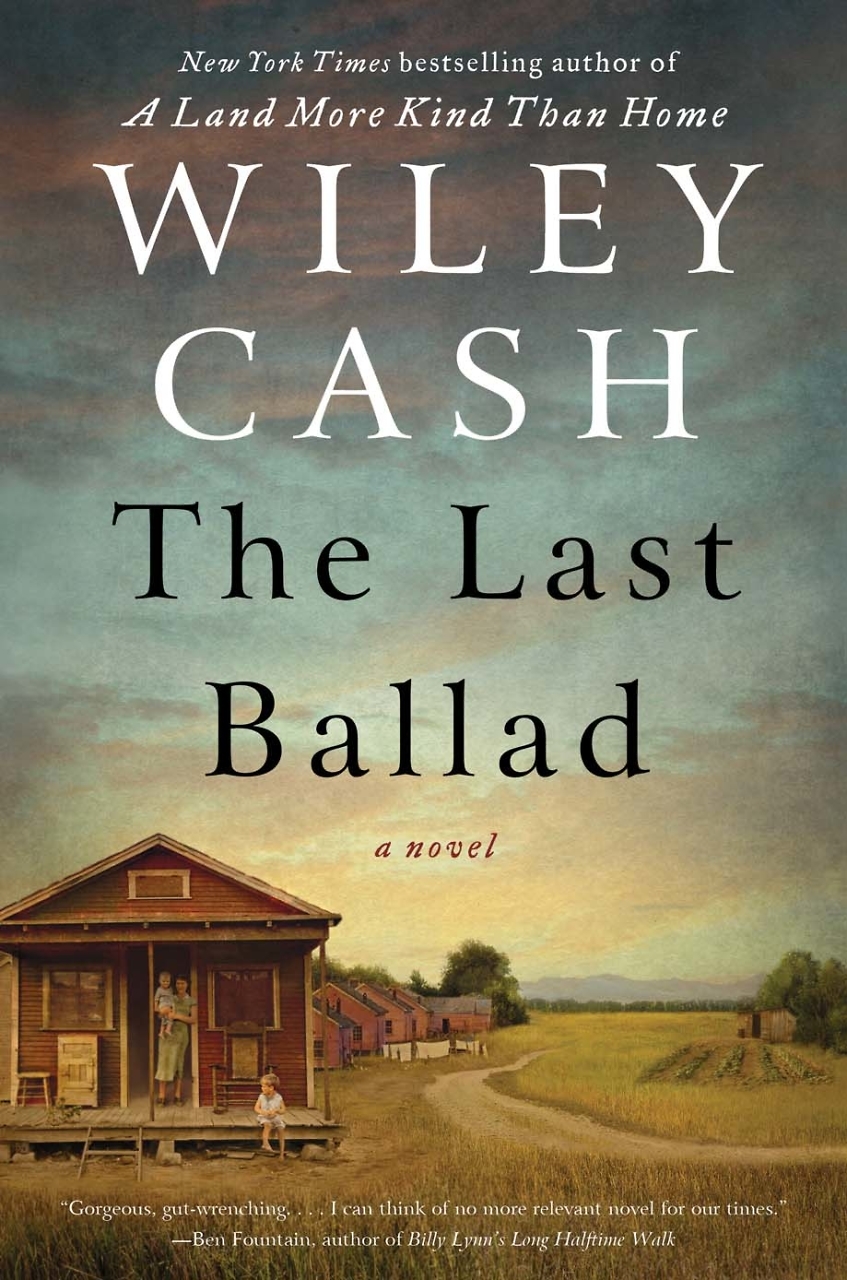Never Can Say Goodbye
Becca Stevens explains why hearts are meant to be broken
Becca Stevens—Episcopal priest, chaplain of St. Augustine’s Chapel at Vanderbilt University, writer, and founder of Magdalen House—offers her wholehearted take on grief in Funeral for a Stranger. These chapters consist of the conversations she has with herself between the time she agrees to officiate at a funeral for woman she’s never met, and her homeward drive after the service two days later. On the topic of grief, Stevens is wise, ruthless, mystified, and tender. Her dozens of stories support the arc of her impossibly simple message: love; cry; connect; hope. God is very, very close to us in our grief. We are never alone. Love beats death every time.
 These words aren’t new, but when Stevens writes them, they’re news. Her capacity for soul-struck, full-throttle grief is what makes this book gospel. Stevens writes as one who above all else loves deeply and courageously and is willing to take the agony of loss: “I know that death is part of life, and until we accept it, we are not free to live. When we love people, we cannot avoid it. We can choose the pain of loving people, even in death, or we can choose the pain of living without love. I will always take the first kind of pain, but sometimes it is bigger than I am.”
These words aren’t new, but when Stevens writes them, they’re news. Her capacity for soul-struck, full-throttle grief is what makes this book gospel. Stevens writes as one who above all else loves deeply and courageously and is willing to take the agony of loss: “I know that death is part of life, and until we accept it, we are not free to live. When we love people, we cannot avoid it. We can choose the pain of loving people, even in death, or we can choose the pain of living without love. I will always take the first kind of pain, but sometimes it is bigger than I am.”
On the topic of grief, Stevens is wise, ruthless, mystified, and tender. Her dozens of stories support the arc of her impossibly simple message: love; cry; connect; hope.
There is more life in this book than death, but sometimes they are almost indistinguishable, bound as they are by love. Every page—even the funny parts—reams us out and makes room for deeper compassion, more courageous grief. “I think that if one ages well, grief grows deeper and deeper,” Stevens writes. “What we grieve in the present connects back to all our losses. This is a beautiful expression of how completely we are connected to God and all creation.” Which is why it’s hard to put down this book even to go get the tissues: between her lines lives our own experience of “the sweetness in our hearts released when we say goodbye ….”
That sweetness draws a reader in the way Stevens is drawn into the funeral gig in the first place. And, in the end, the whole book is a funeral meditation for our closed, stoic hearts that can still find resurrection in the life-giving power of grief.


